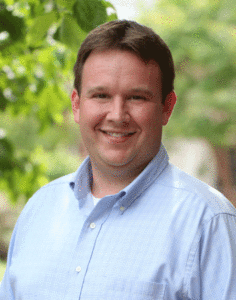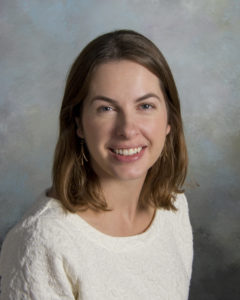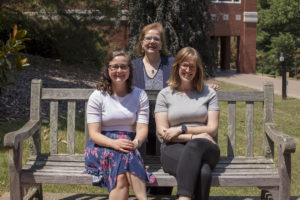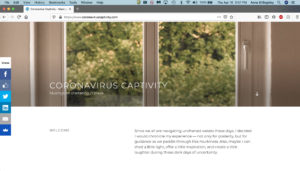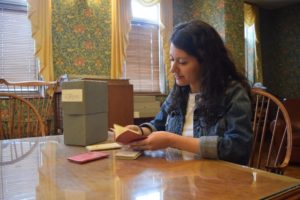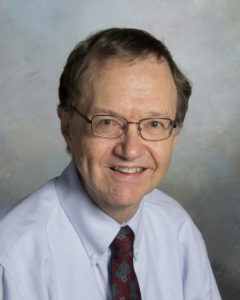
Reference and Humanities Librarian Emeritus Jack Bales
Reference and Humanities Librarian Emeritus Jack Bales was interviewed on History.com and Chicago’s Daily Herald on his book, The Chicago Cub Shot for Love, about the 1932 shooting death of baseball player Billy Jurges by his former lover, showgirl Violet Popovich.
The Crime of Passion That Led to Babe Ruth’s Epic World Series Home Run (History.com)
Chicago Baseball’s Link to the Great Chicago Fire (Suburban Chicago Daily Herald)
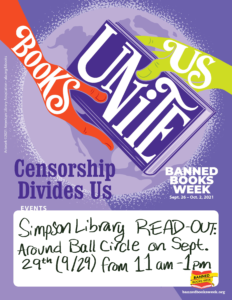 In recognition of the annual American Library Association’s Banned Books Week (September 26-October 2), a Read-out was held on Wednesday, Sept. 29, on Campus Walk, in front of Lee Hall, and
In recognition of the annual American Library Association’s Banned Books Week (September 26-October 2), a Read-out was held on Wednesday, Sept. 29, on Campus Walk, in front of Lee Hall, and